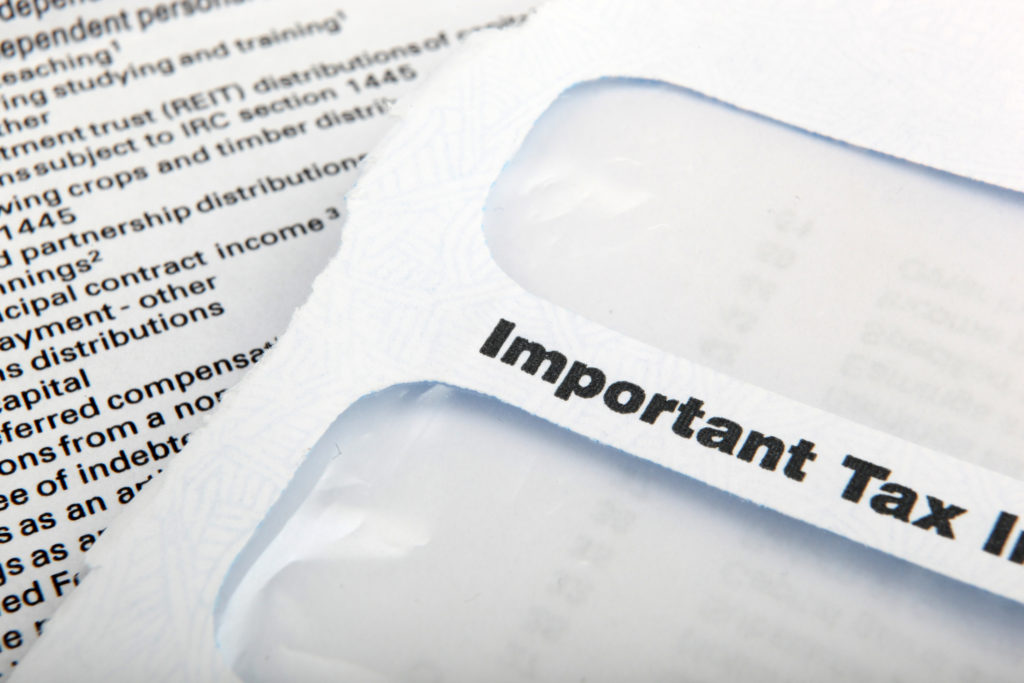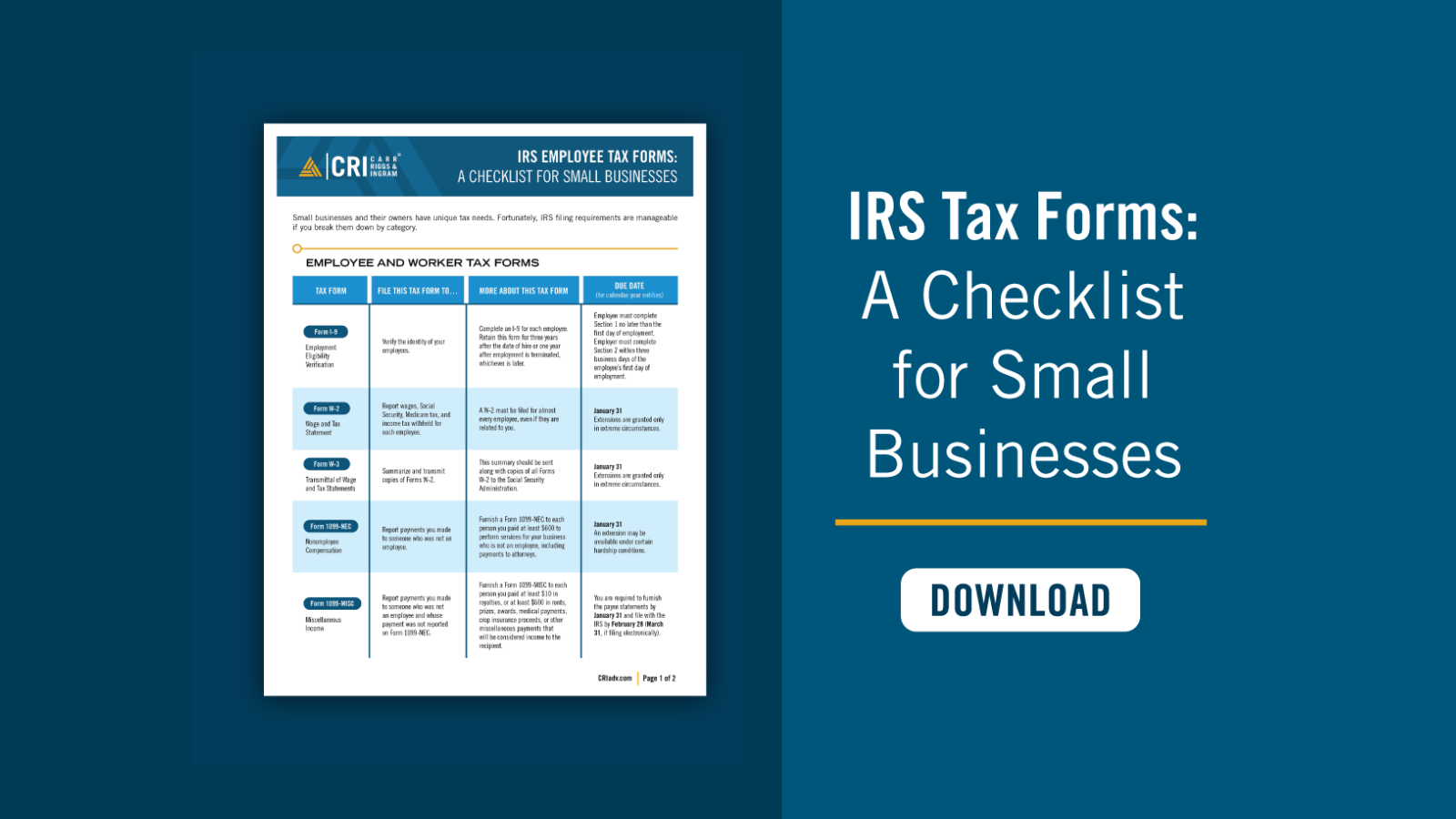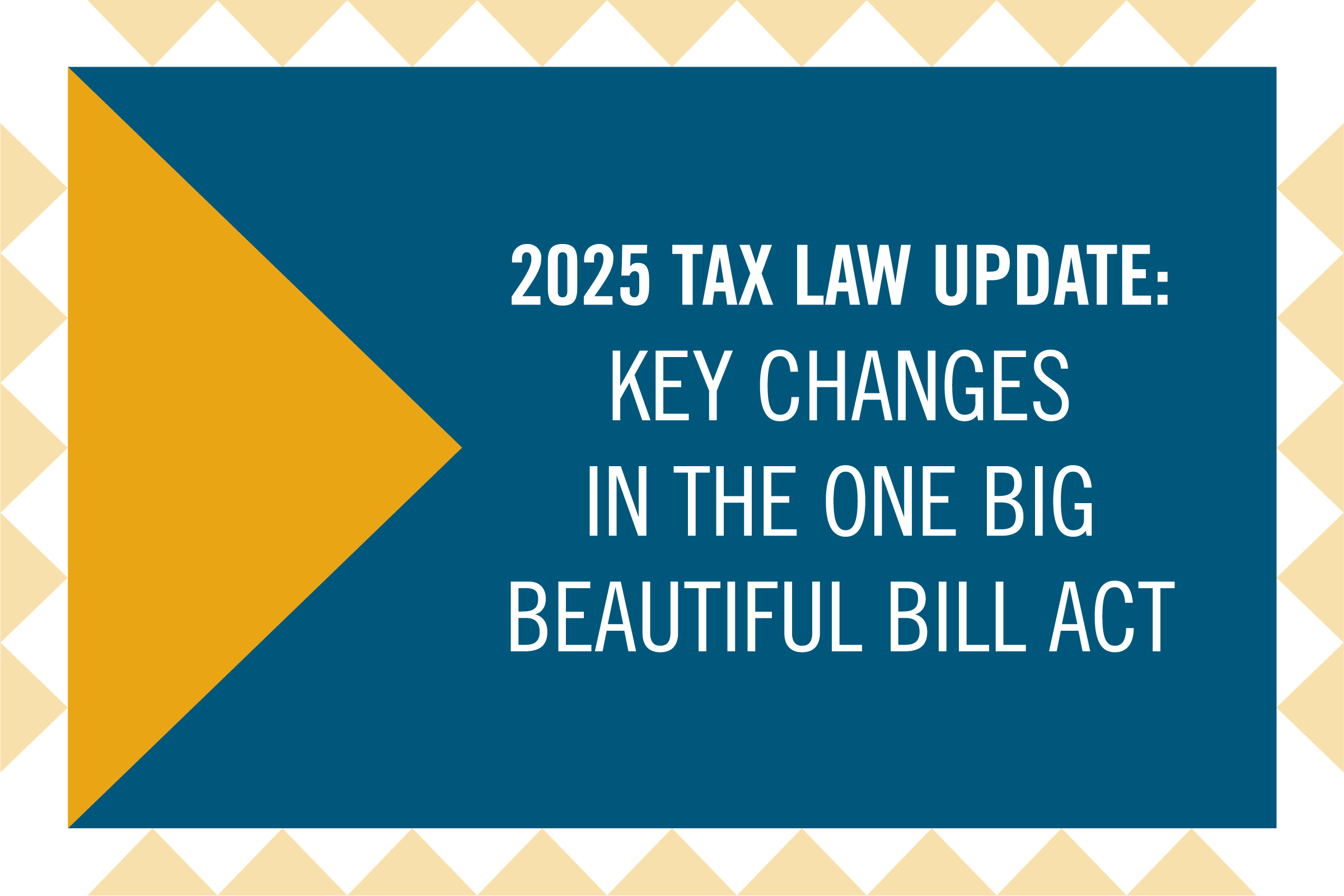IRS Correspondence Letter: Your New Pen Pal the IRS
Dec 17, 2017
Bill. Bill. Junk mail. Magazine. Bill. Junk mail. Bill. That’s pretty much what most people find when they reach inside their mailbox every day. What most people probably don’t expect is an IRS correspondence letter.
So what should you do if you get one? Step 1: Resume breathing. While the IRS probably isn’t inviting you to a weekend barbeque, the chances are that whatever their issue is with you, it can be resolved fairly easily.
The fact is, the IRS sends millions of letters every year to taxpayers for all kinds of reasons. They may be requesting payment of taxes, notifying you of changes to your account, or requesting additional information (On the optimistic side, your letter may also include a refund check). Regardless, the notice you receive will probably cover a very specific issue related to your account or tax return.
4 Tips to Follow if You Receive an IRS Correspondence Letter
- Whatever the issue, act promptly. The issue won’t go away by ignoring or delaying it (It’s the IRS, after all).
- Don’t presume the IRS is correct – they are human too. The IRS can make mistakes, so be sure to compare their information to your records.
- Most correspondence can be handled by calling the number at the top right-hand corner of the notice. But if you call, be sure to keep a record of who you talked to, their ID number, and the next steps that need to be taken.
- Keep copies of all IRS correspondences and your responses.
If it’s a correction notice, review the information and compare it to the information on your return. There are then two options:
- If the correction makes sense, you don’t need to do anything unless a payment is due.
- If you don’t agree with the correction, send a written explanation of why you disagree, and include appropriate documentation to support your case.
Bottom line: if you get a letter from the IRS, don’t panic. If you need help responding, be sure to let us know. But if you receive any letters from the Department of Motor Vehicles, you’re on your own.

















































































































































































































































































































































































































































































































